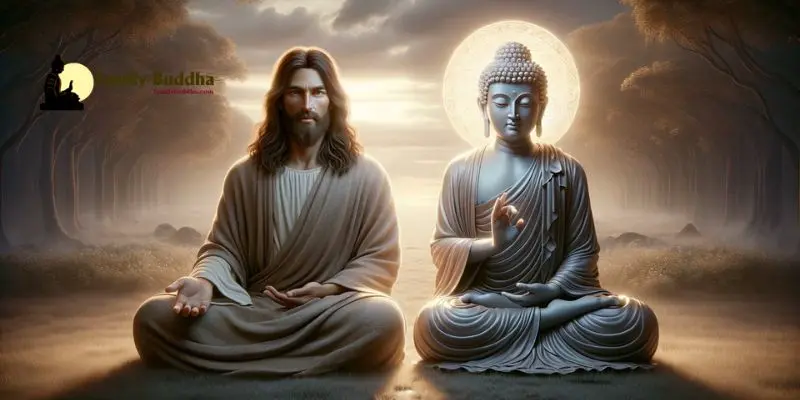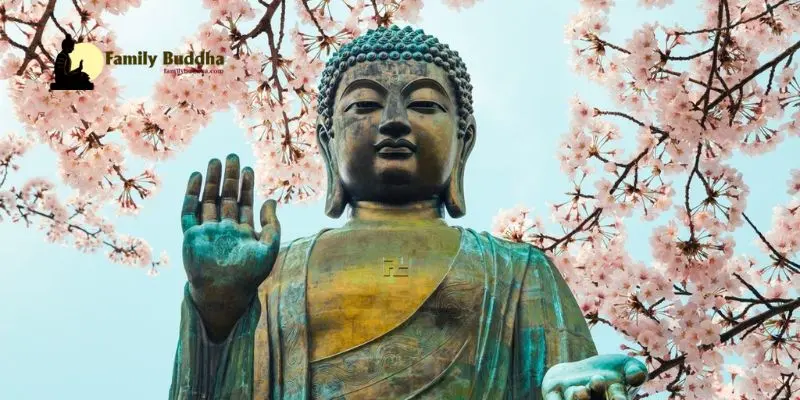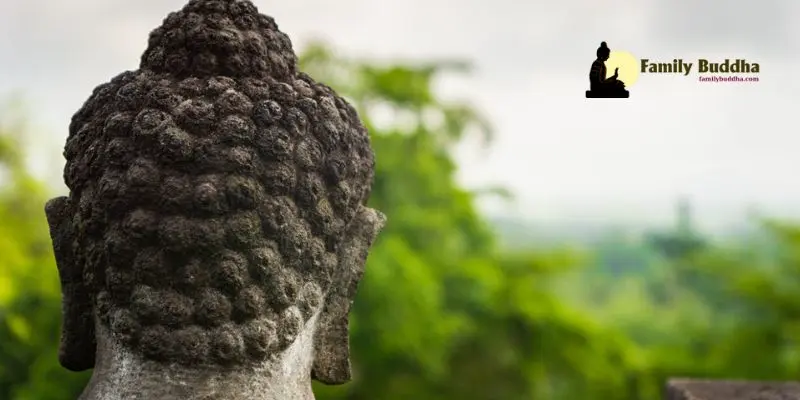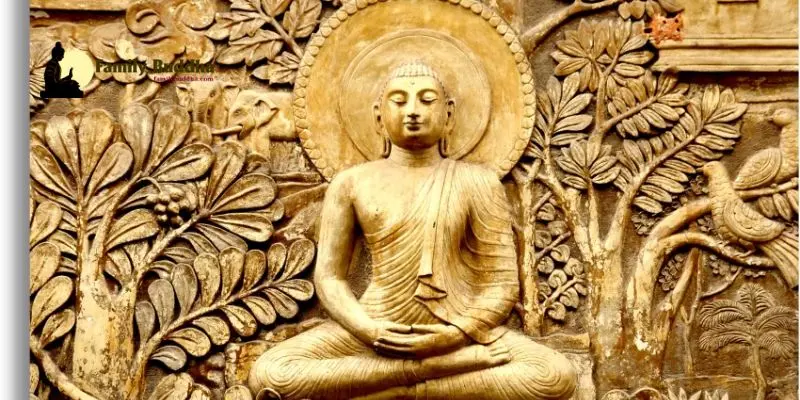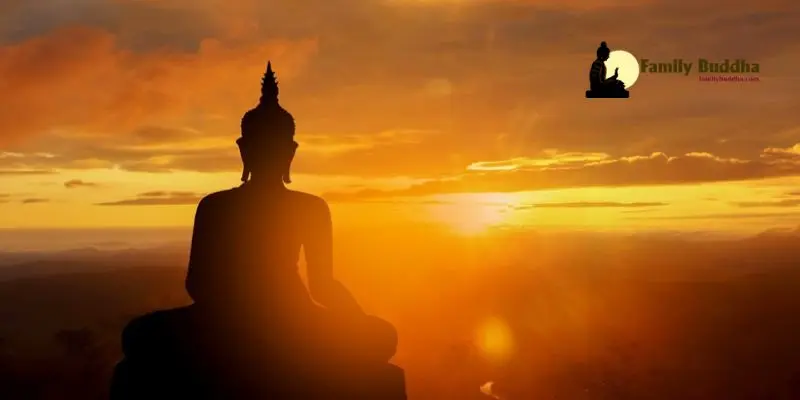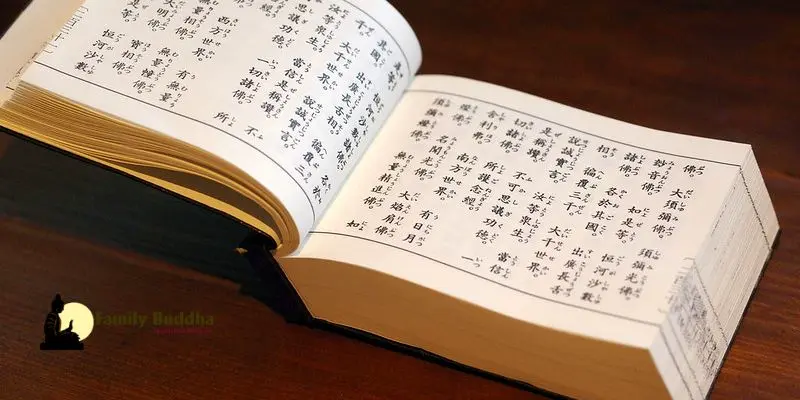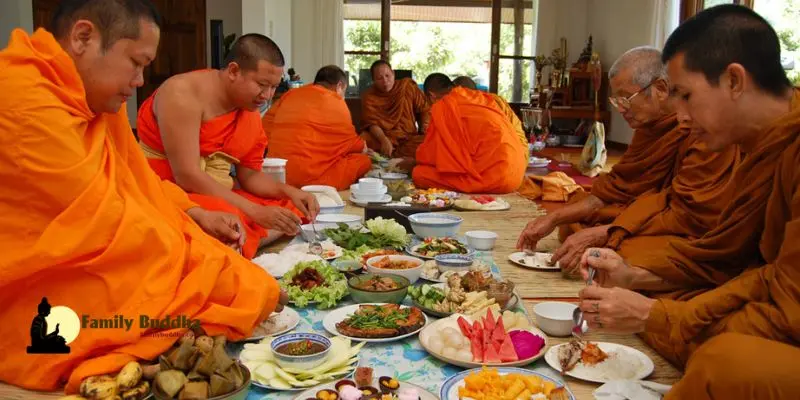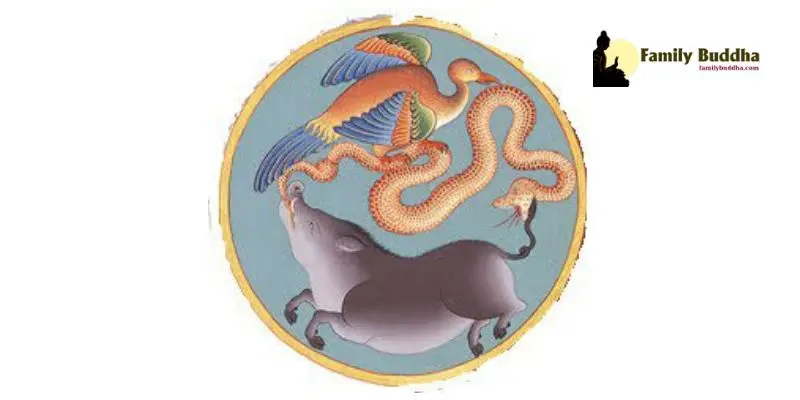Have you ever gazed upon a star-studded sky and felt a profound connection to something larger than yourself? This yearning to understand our place within the vast cosmos has captivated humanity since time immemorial. While Buddhism offers a path to enlightenment and liberation from suffering, astrology seeks to illuminate our lives through the movements and positions of celestial bodies. But how do these two seemingly disparate disciplines intersect? In the tapestry of spiritual exploration, Buddhism And Astrology, like two threads of contrasting colors, intertwine to create a richer, more intricate pattern.
Unveiling the Essence of Buddhism
Buddhism, often regarded as a philosophy, a religion, and a way of life, originated in ancient India with Siddhartha Gautama, the first Buddha, who attained enlightenment over 2,500 years ago. At its core, Buddhism emphasizes the impermanent nature of reality and the pursuit of liberation from suffering through ethical conduct, meditation, and wisdom.
Imagine a lotus flower blooming serenely amidst muddy waters. This evocative image perfectly encapsulates the essence of Buddhism – the potential for enlightenment exists within each of us, regardless of our circumstances.
The Four Noble Truths: A Guiding Compass
Central to Buddhist teachings are the Four Noble Truths, which serve as a guiding compass on the path to enlightenment:
- The Truth of Suffering (Dukkha): Life inevitably involves suffering, from physical pain to emotional distress. As the Vietnamese proverb goes, “Sông có khúc, người có lúc” (Life has its ups and downs).
- The Truth of the Origin of Suffering (Samudaya): Suffering arises from attachment, aversion, and ignorance. We cling to fleeting pleasures and resist unpleasant experiences, perpetuating a cycle of dissatisfaction.
- The Truth of the Cessation of Suffering (Nirodha): Suffering can cease by eradicating its root causes.
- The Truth of the Path to the Cessation of Suffering (Magga): The Noble Eightfold Path provides a practical framework for eliminating suffering and cultivating wisdom, ethical conduct, and mental discipline.
 Buddhist Monk Meditating
Buddhist Monk Meditating
Astrology: Deciphering the Language of the Stars
Astrology, on the other hand, delves into the supposed influence of celestial bodies on human affairs and earthly events. It assumes a correlation between the movements and positions of planets and stars at the time of a person’s birth and their personality traits, life experiences, and destiny.
Think of it like this: if life is a grand play, then astrology provides the script, outlining the major themes and potential challenges we might encounter.
Different Schools of Thought
Within astrology, various systems exist, each with unique interpretations and methods. Some popular forms include:
- Western Astrology: Originating in ancient Mesopotamia, it emphasizes the 12 zodiac signs, planets, and houses to understand personality and predict future trends.
- Vedic Astrology (Jyotish): Rooted in ancient Indian scriptures, it focuses on the individual’s karma, dharma (life purpose), and the influence of planetary deities.
- Chinese Astrology: Based on a lunisolar calendar, it uses a combination of 12 animal signs and five elements to determine personality traits and forecast auspicious or challenging periods.
Bridging the Gap: Where Buddhism And Astrology Converge
While Buddhism and astrology might seem worlds apart, they share some intriguing points of convergence:
Interconnectedness and Interdependence
Both Buddhism and astrology acknowledge the interconnectedness of all things. Buddhists believe in dependent origination, the principle that all phenomena arise from a web of interconnected causes and conditions. Similarly, astrology posits that celestial bodies influence each other and, in turn, impact life on Earth.
As Thích Nhất Hạnh, a renowned Vietnamese Buddhist monk, once said, “When we look deeply into anything, we see everything else.”
Karma and Free Will
Both disciplines grapple with the concepts of karma and free will. Buddhism teaches that our actions, both mental and physical, create karma, shaping our present and future experiences. Astrology suggests that our birth chart reflects past karma and predispositions, yet emphasizes the individual’s agency in navigating their life path.
Imagine a skilled sailor navigating a vast ocean. The wind and currents represent astrological influences, while the sailor’s ability to adjust the sails and chart a course symbolizes free will.
Cycles of Time and Change
Both systems recognize the cyclical nature of time and the inevitability of change. Buddhism emphasizes impermanence (anicca) as one of the three marks of existence. Astrology, with its planetary transits and cycles, highlights recurring patterns and opportunities for growth and transformation.
The Vietnamese proverb “Cây có cội, nước có nguồn” (Every tree has its roots, every river has its source) reflects the understanding that everything has an origin and undergoes constant change.
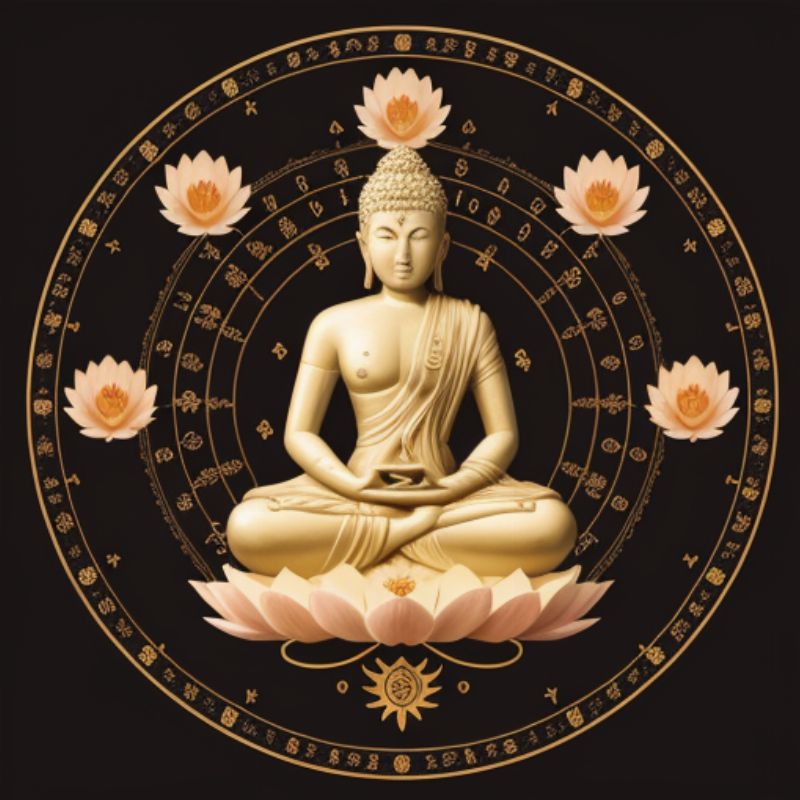 Buddhist Symbols and Astrology Chart
Buddhist Symbols and Astrology Chart
Navigating Life’s Journey with Wisdom and Insight
While Buddhism primarily focuses on spiritual liberation and astrology offers insights into personality and potential life events, both can complement each other in enriching our understanding of ourselves and the world around us.
Cultivating Mindfulness and Self-Awareness
Astrology can provide valuable insights into our strengths, weaknesses, and potential challenges, allowing us to approach life with greater self-awareness. Buddhism encourages us to observe these tendencies with mindfulness and compassion, without judgment or attachment.
As the Vietnamese saying goes, “Biết mình, biết ta, trăm trận trăm thắng” (Know yourself, know your enemy, and you will win a hundred battles).
Embracing Change and Growth
Astrology’s emphasis on cycles and transits can help us anticipate and navigate periods of change and transformation. Buddhist teachings on impermanence and acceptance equip us with the mental resilience to adapt to life’s inevitable ups and downs.
Living with Purpose and Meaning
While astrology can shed light on our potential and life purpose, Buddhism provides a framework for ethical living and cultivating wholesome qualities like compassion, wisdom, and generosity. By aligning our actions with our values, we can lead a more fulfilling and meaningful life.
Seeking Guidance: Addressing Common Questions
The intersection of Buddhism and astrology often sparks curiosity and prompts insightful questions:
- Is it permissible for Buddhists to consult astrology? While Buddhism emphasizes self-reliance and seeking wisdom from within, there’s no inherent conflict in exploring astrology. However, it’s crucial to avoid becoming overly attached to predictions or letting them dictate our lives.
- Can astrology predict the future according to Buddhism? Buddhism posits that the future is not fixed but fluid, influenced by our actions and countless other factors. Astrology can offer potential trends and possibilities, but ultimately, we retain the power to shape our own destiny through conscious choices.
- How can I integrate Buddhist principles into my astrological practice? Approach astrology with a mindful and discerning attitude. Use it as a tool for self-reflection and growth, rather than a means to seek certainty or control over external circumstances.
- Are there any notable figures who have combined Buddhism and astrology? While specific examples are scarce due to the esoteric nature of both disciplines, some historical figures, like the Tibetan Buddhist teacher Chogyam Trungpa Rinpoche, have explored the connections between astrology and Buddhist psychology.
 Buddhist Temple Under Starry Sky
Buddhist Temple Under Starry Sky
Embracing the Journey: A Tapestry of Wisdom
Ultimately, both Buddhism and astrology offer valuable tools for navigating the complexities of life. Whether we seek spiritual liberation, self-understanding, or simply a deeper connection to the cosmos, embracing these diverse perspectives with an open mind and a discerning heart can illuminate our path and enrich our journey of self-discovery.

